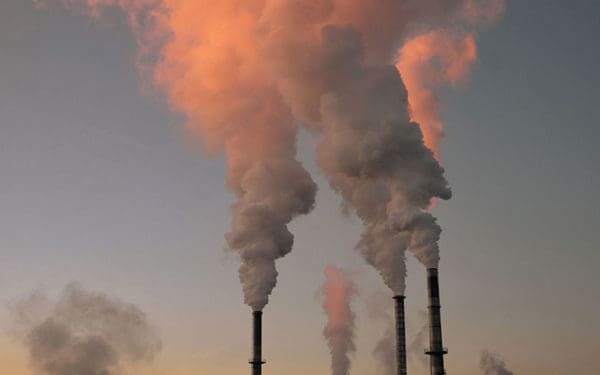New England’s Electric Grid Operator Stands in the Way of Clean Energy
New England won’t be able to meet its climate goals and enjoy the benefits of clean energy unless our grid operator undertakes serious reform.
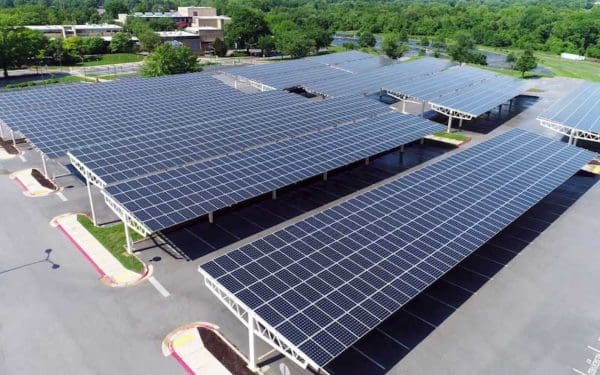
New England won’t be able to meet its climate goals and enjoy the benefits of clean energy unless our grid operator undertakes serious reform.

“Continuing to rely on gas will spell disaster for our climate goals,” said Caitlin Peale Sloan, Interim Director of CLF Massachusetts. “Gas is not a safe or clean alternative to oil, and we must phase out its use to heat our homes. There are better options out there and it’s time Massachusetts gets serious about new policies that will get us off gas once and for all.”
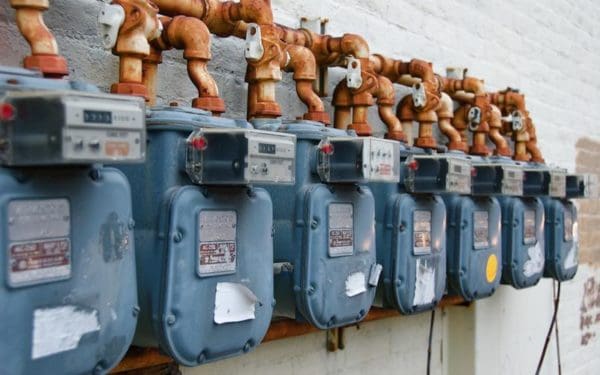
In our new report, we lay out how Massachusetts can move away from dirty gas for home heating and towards a clean future. We also offer a framework for other New England states to start kicking gas to the curb.
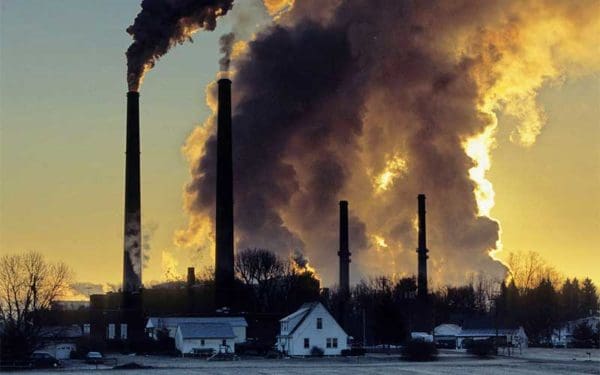
Nearly half of all homes in Massachusetts rely on gas for heating, which contributes significantly to the state’s greenhouse gas emissions. Ending this reliance on a climate-damaging fossil fuel could take decades. That’s why the work must start now, especially if the Commonwealth is going to meet its 2050 targets for cutting its overall carbon emissions.

“Renewable natural gas” is not a large-scale climate solution. It’s a shameless attempt by the fossil fuel industry to convince New Englanders to pay for more polluting pipelines.

Two years after gas explosions rocked the Merrimack Valley, Lawrence is still fighting to ensure the health, safety, and wellbeing of its residents. And in fighting for Lawrence’s recovery, we can protect communities across the Commonwealth, too.
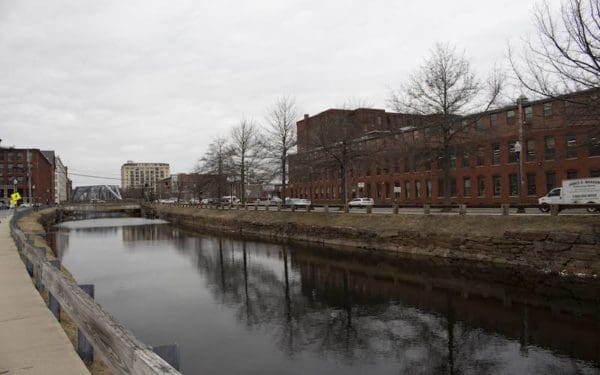
After a three-year battle, Liberty Utilities has dropped plans for a controversial gas pipeline and liquified natural gas storage facility. This unnecessary, dirty project would have cost an eye-watering $400 million dollars – saddling New Hampshire families and businesses with the costs for decades to come.
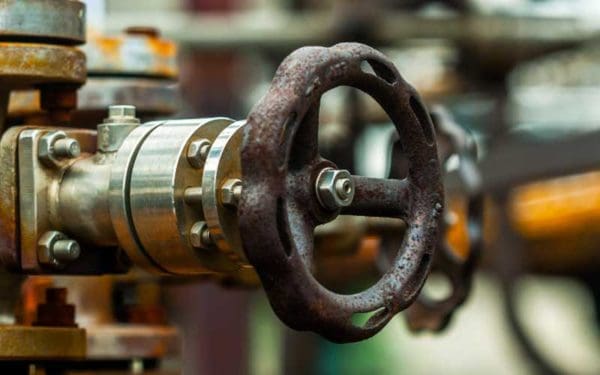
A recent report on transforming Rhode Island’s heating sector offers options to reach our climate goals while ensuring we stay warm during the winter. One of the first studies of its kind, the report is a valuable resource for policymakers and can help the state transition to a clean energy future.
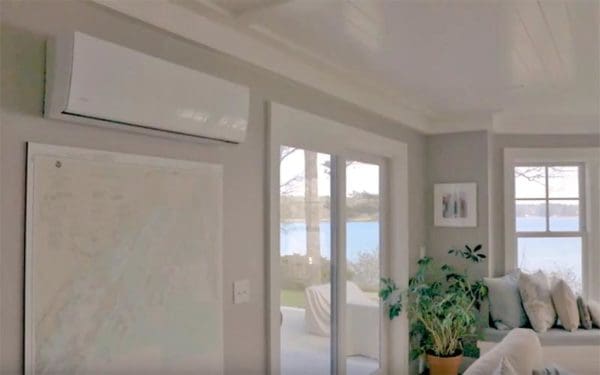
“While today’s guilty plea hopefully brings some element of closure in this disaster, the risks that fracked gas poses to our communities and our climate can only be addressed by breaking our addiction to fossil fuels,” said Greg Cunningham, Vice President & Director of CLF’s Clean Energy Climate Change program. “As the Commonwealth considers transferring the utility privileges held by Columbia Gas to a new owner, it must ensure that gas utilities are truly committed to safety and combatting the climate crisis. The funds from this settlement must be directed towards the historically marginalized communities that have been hit hardest by this disaster.”
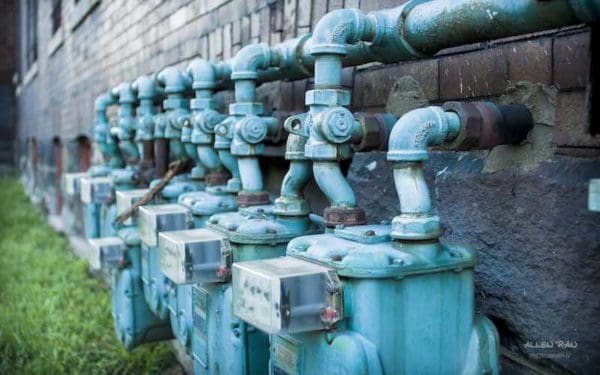
Getting serious about climate change means getting serious about our gas use. It means all of us working together to build a clean energy future that doesn’t require the expensive and polluting buildout of more fracked gas. We don’t need it. And we can’t afford it.
